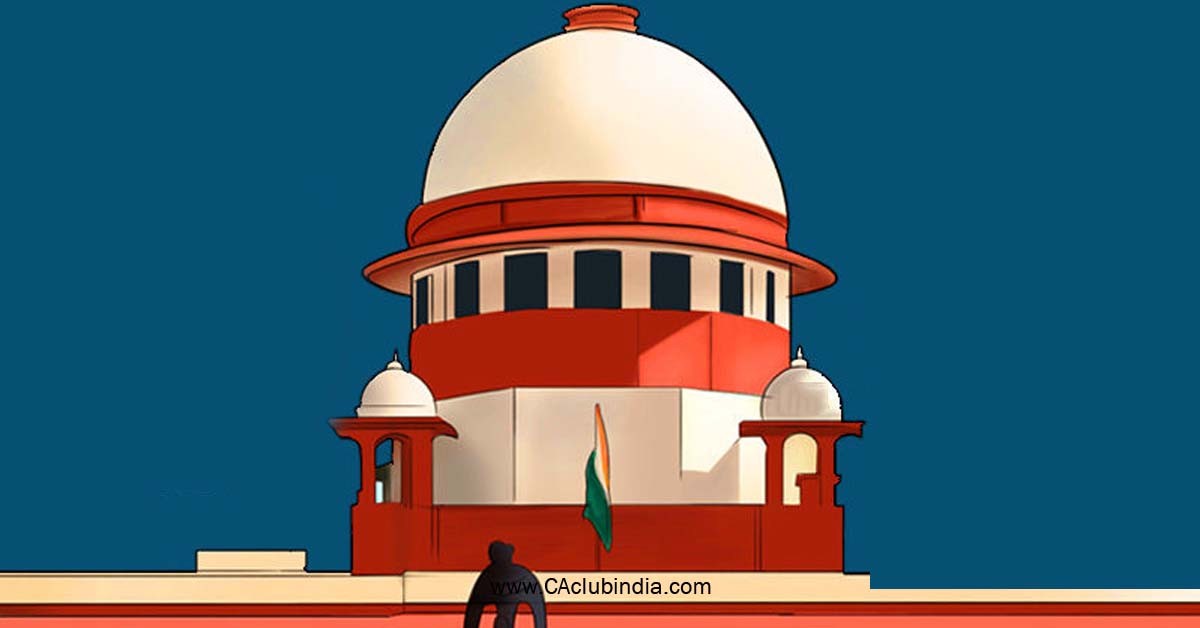In a recent development, the Supreme Court (SC) has declined to entertain a plea filed by Micro and Small Enterprises (MSEs) challenging the 45-day payment rule stipulated in Section 43B(h) of the Income Tax Act. Instead, the apex court directed the MSEs to seek redressal from the High Court (HC), marking a significant turn in the ongoing legal saga. This decision, which emerged following a petition by the Federation of All India Vyapar Mandal, holds implications for MSEs nationwide.

Section 43B(h) of the Income Tax Act plays a pivotal role in regulating credit extension practices within the Micro and Small Enterprises sector. The provision sets forth stringent guidelines, prohibiting MSEs from extending credit to buyers beyond a 45-day period. Moreover, it mandates timely settlement of dues owed to MSEs within this timeframe. Failure to adhere to these stipulations attracts penalties, including the imposition of compound interest at a rate three times the bank rate prescribed by the Reserve Bank of India (RBI). Consequently, buyers who default on payments within the specified period risk facing financial repercussions and potential limitations on deducting payments to MSEs from their taxable income.
As the legal battle surrounding the interpretation and implementation of Section 43B(h) continues, the recent decision by the Supreme Court underscores the complexity and significance of this issue for Micro and Small Enterprises across the country. With the apex court deferring the matter to the High Court, MSEs are now poised to pursue their case further, seeking clarity and potential relief in the ongoing debate over credit extension practices and timely payment settlements within the sector.





 CAclubindia
CAclubindia
